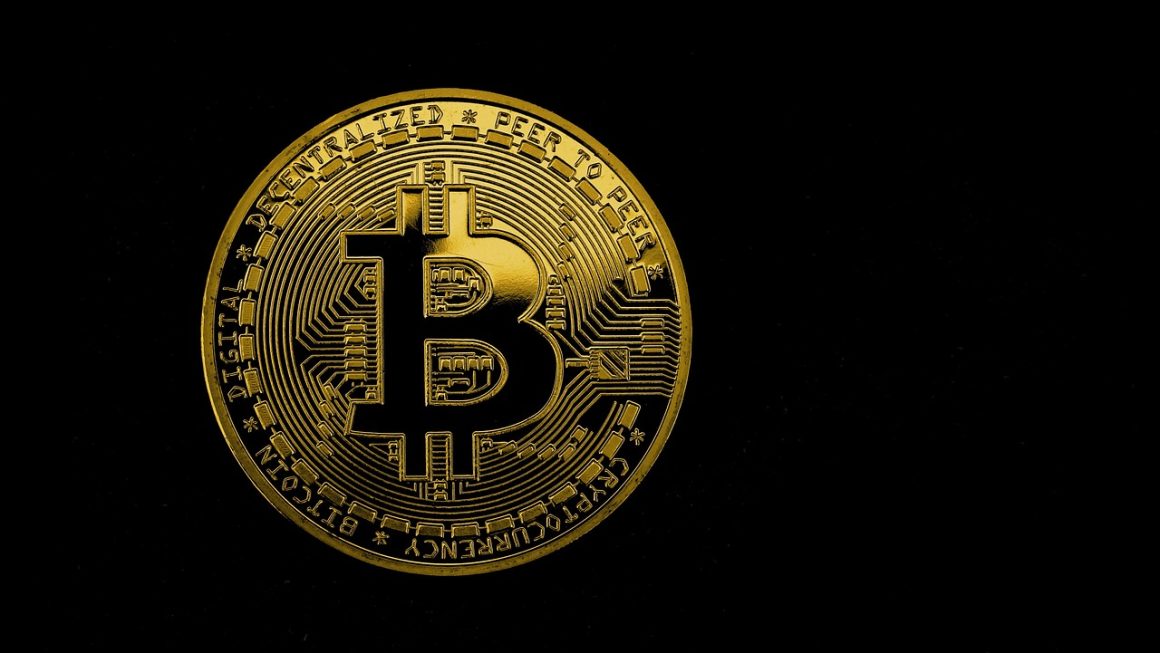Decentralization: Empowering Digital Democracy
In the ever-evolving digital landscape, decentralization has emerged as a transformative concept that is redefining the way we interact, share information, and make decisions. By distributing power and control away from centralized authorities and towards individuals, decentralization empowers a more open, inclusive, and resilient society.
## Principles of Decentralization
Transparency
- Eliminates gatekeepers and provides open access to information.
- Transparency in decision-making fosters trust and accountability.
Autonomy
- Individuals have greater control over their data and interactions.
- Autonomous decision-making empowers local communities and organizations.
Collaboration
- Decentralized networks facilitate peer-to-peer collaboration.
- Collaboration fosters innovation, knowledge sharing, and collective action.
## Applications of Decentralization
Blockchain Technology
- Distributes ledgers and eliminates the need for intermediaries.
- Example: Bitcoin, the decentralized cryptocurrency.
Social Media
- Decentralized social media platforms give users ownership of their data.
- Example: Mastodon, a federated social network.
Energy Distribution
- Distributed energy grids enable local communities to generate and consume energy.
- Example: Community solar projects.
## Benefits of Decentralization
- Increased resilience: Decentralized systems are less vulnerable to single points of failure.
- Enhanced security: Distributing data and decision-making reduces the risk of hacking and censorship.
- Improved efficiency: Removing intermediaries and automating processes increases efficiency.
- Greater innovation: Open access and collaboration foster a fertile environment for new ideas.
- Empowerment of individuals: Decentralization gives individuals more control over their lives and communities.
## Conclusion
Decentralization is a powerful force that is transforming the way we live, work, and interact. By empowering individuals and communities, decentralization fosters a more democratic, resilient, and equitable society. As technology continues to advance, we can expect to see even more innovative and transformative applications of decentralization in the years to come.



